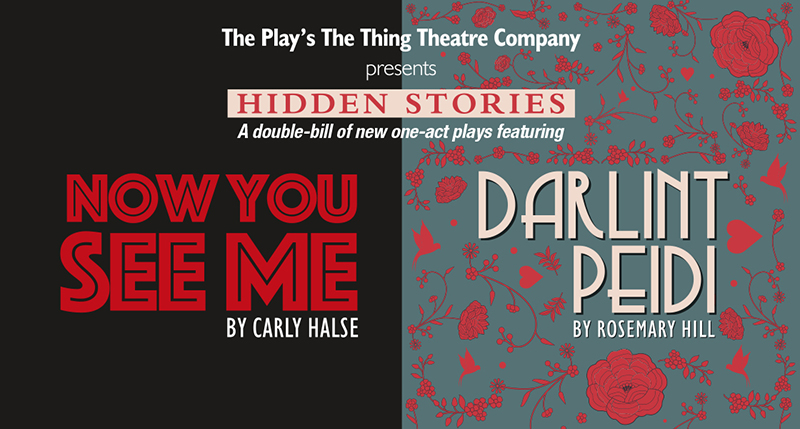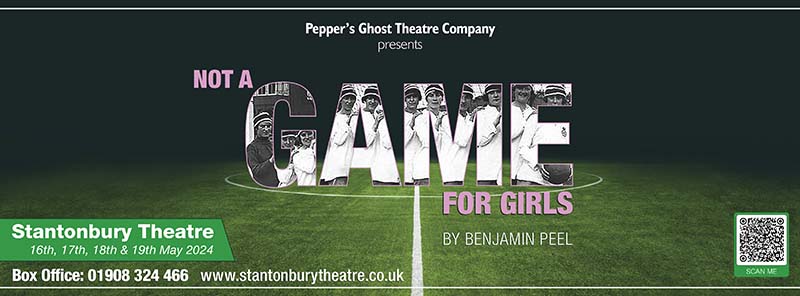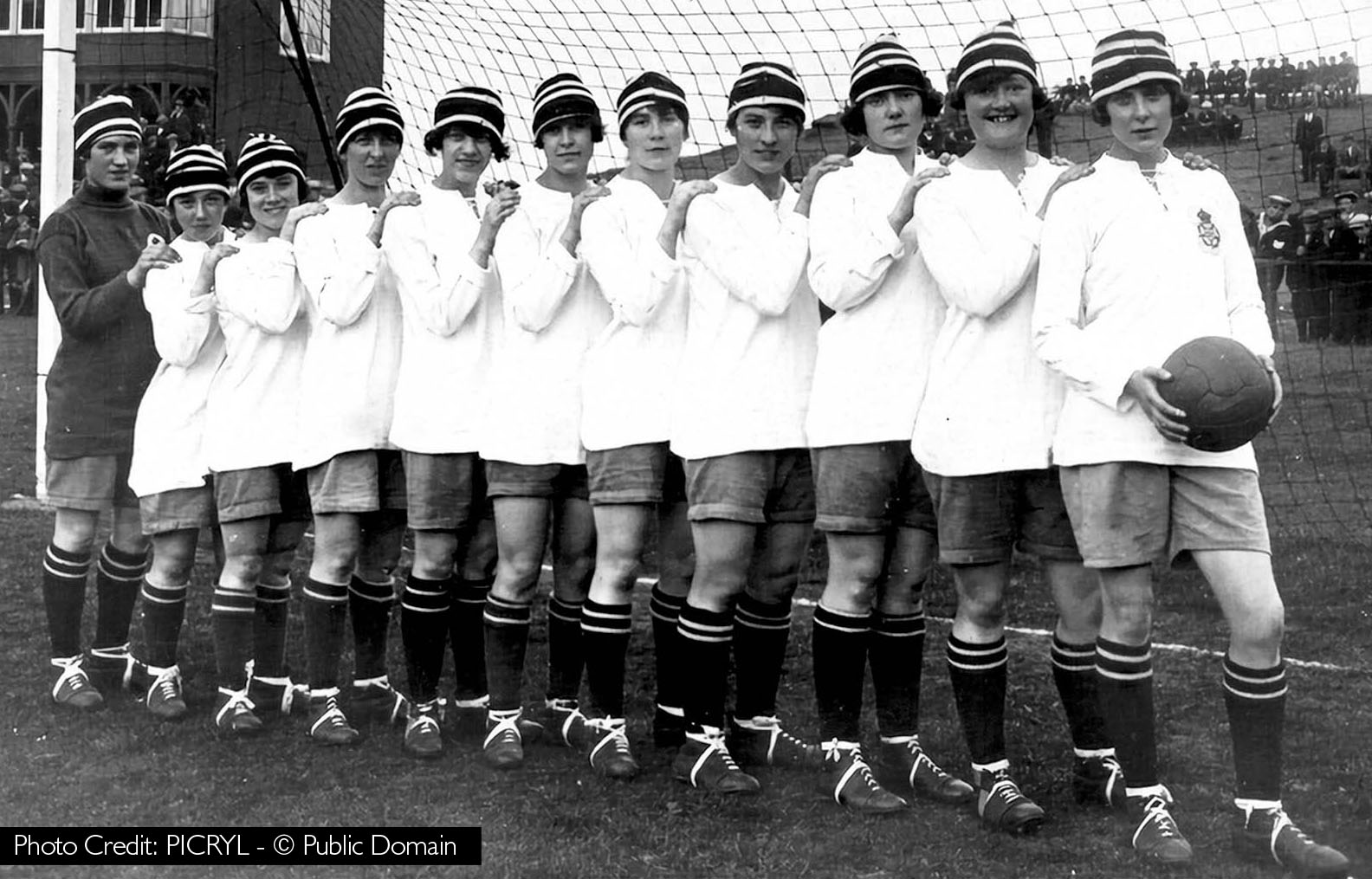How the arts open our eyes to true stories
26th January 2024
The Post Office has been a hot topic of conversation over the last few weeks, following ITV’s insightful drama series ‘Mr Bates vs The Post Office’ that aired earlier this year.
The Post Office Horizon scandal began in 1999 and saw more than 700 sub-postmasters being prosecuted as a result of faulty software.
Almost 20 years on, how has this four-part drama made us all aware of one of the biggest miscarriages of justice in the UK? Why didn’t it get the same level of public attention and support right from the start back in the late 90’s?
Julie Hesmondhalgh puts it perfectly in her opinion piece in The Stage ‘a piece of art can be a tool for activating empathy, starting conversations and changing hearts and minds… art can often reach the places that no amount of factual literature can.’
As good as the journalists were in sparking media attention at the time, the scandal didn’t get the traction and exposure it deserved with the public. Perhaps it was because it was a complicated story or boring to some. Was it because we weren’t getting the backstory of the people involved and seeing the detrimental effects? Or was it because the Post Office issued misinformation?
‘Mr Bates vs The Post Office’ has opened our eyes to a devasting true story. The dramatization not only tapped into our emotions and drew attention to this severe miscarriage of justice, but it also made those responsible finally take accountability for their negligence.
It shouldn’t have to come to a TV series or play being produced to share these huge stories and spark action from us or the government. But this is what the arts do. The arts are influential and play a huge role in bringing true stories to life.
Writer of ‘Mr Bates vs The Post Office’, Gwyneth Hughes, said in The Guardian: “If you want to really get people's attention, tell them a story. And in this case, a true story."
And she’s right. Watching a drama unfold in front of you, particularly one that is true, is powerful. The audience goes on an emotional journey. We catch a glimpse of someone else's world and witness the experiences of these real people, how they suffered, and what they are feeling.
We can connect with these true stories because we have been there ourselves and understand exactly what they are going through. We feel that our story is being told as well.
Whether it's sadness or rage, desire or inspiration the arts evoke emotions and leave us with lasting impressions. All feelings that you wouldn’t get reading a page in a newspaper or a story online.
This is why we enjoy producing thought-provoking plays that focus on true stories.
 Last year we toured with Hidden Stories - two original plays written by Rosemary Hill and Carly Halse, which looked at the true, untold stories of Edith Thompson and Ruth Ellis, two young women hanged for murder.
Last year we toured with Hidden Stories - two original plays written by Rosemary Hill and Carly Halse, which looked at the true, untold stories of Edith Thompson and Ruth Ellis, two young women hanged for murder.
The plays shone a spotlight on the injustices of an ingrained misogyny in the justice system.
Many of our audience members had heard of Edith and Ruth, but quite a few didn’t know the full story and couldn’t believe how wrong the justice system was 70 years ago when Ruth Ellis was hanged. They asked is it like that now though? We might not have the death sentence but it’s clear miscarriages of justice are not as rare as we would like to think.

This year, with community theatre company Pepper’s Ghost, Rosemary is producing ‘Not A Game For Girls’, a play written by Benjamin Peel that tells the inspirational true story of the Dick, Kerr Ladies F.C. - the pioneers of women’s football. It will be at Stantonbury Theatre from 16th – 19th May.
The Dick, Kerr Ladies F.C. formed in a munitions factory in Preston during the First World War and played football to raise funds for wounded soldiers.
They became hugely popular during 1920 and played high-profile games at Old Trafford and Goodison Park in front of thousands. They represented England and played the first international women's football game against France winning 2-0.

In 1921 the FA banned women's football. It was the tenacity and positive spirit of the Dick, Kerr Ladies F.C. that saw them continue playing football against all odds and raising awareness of not only women’s football but their incredible success story that continues to be told today.
Without these women, we might not have our women’s football teams today or even the opportunity to play, let alone be holding aloft the Euro 22 trophy!
It’s the true stories that need to be told. They are the ones that have such power over the audience.
If a TV drama or theatre production based on a true story can capture attention, educate all generations, evoke emotions, and spark some form of positive action, then to me, the arts have set out what they are meant to do.